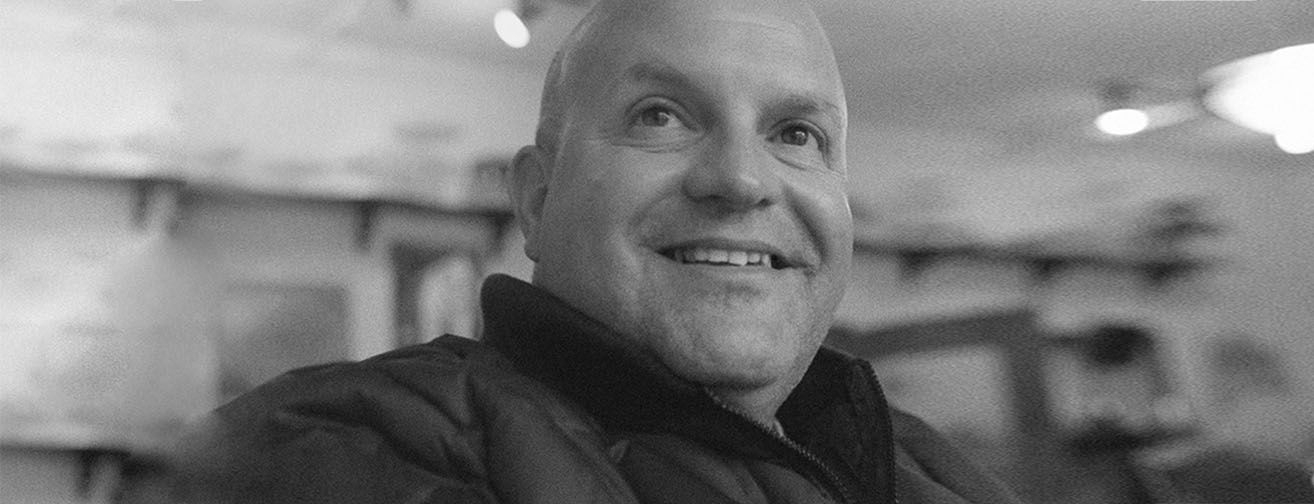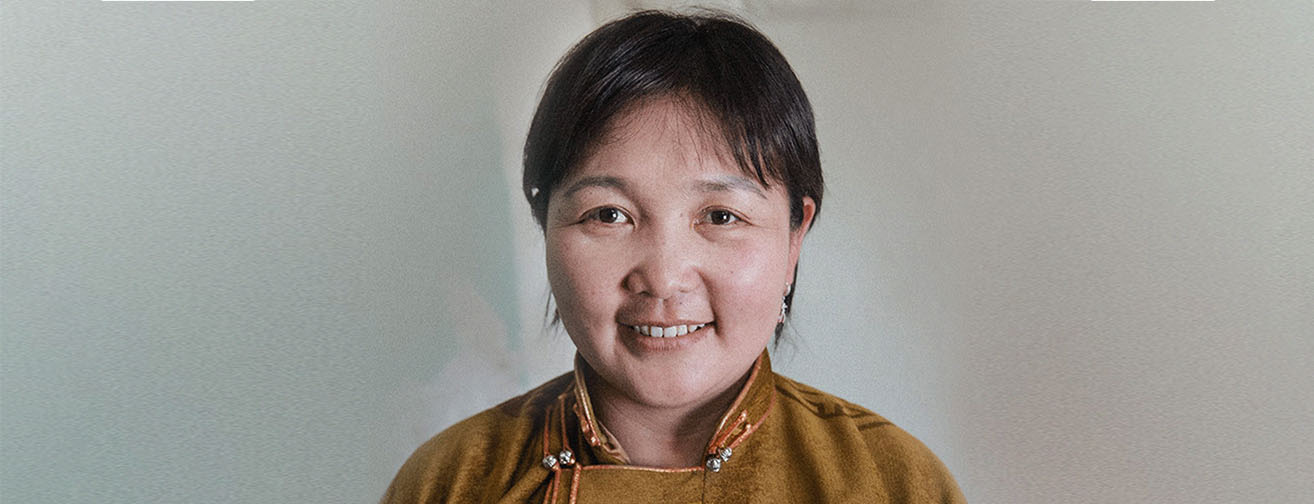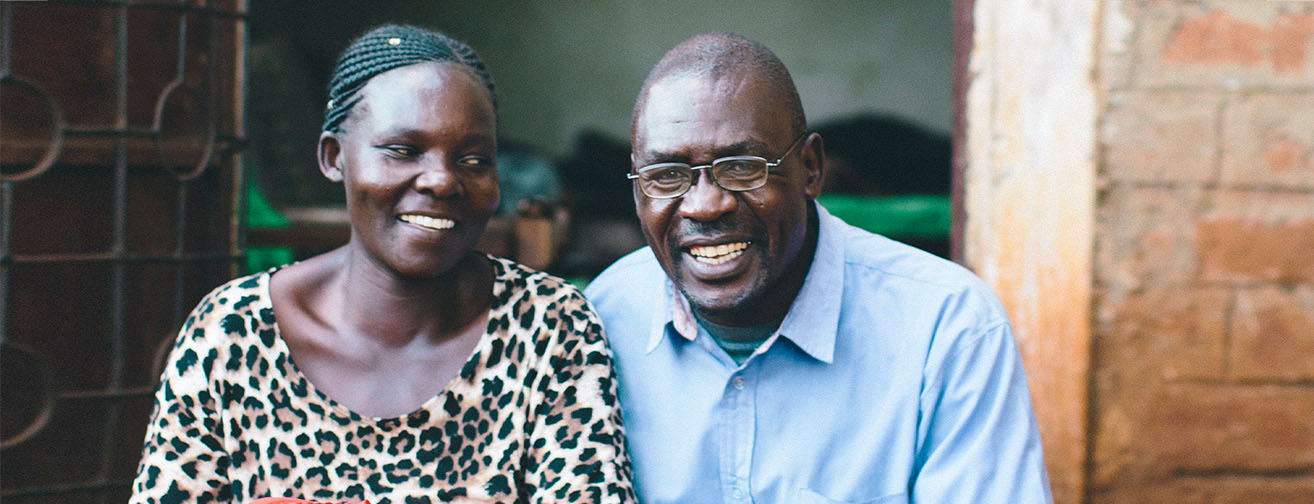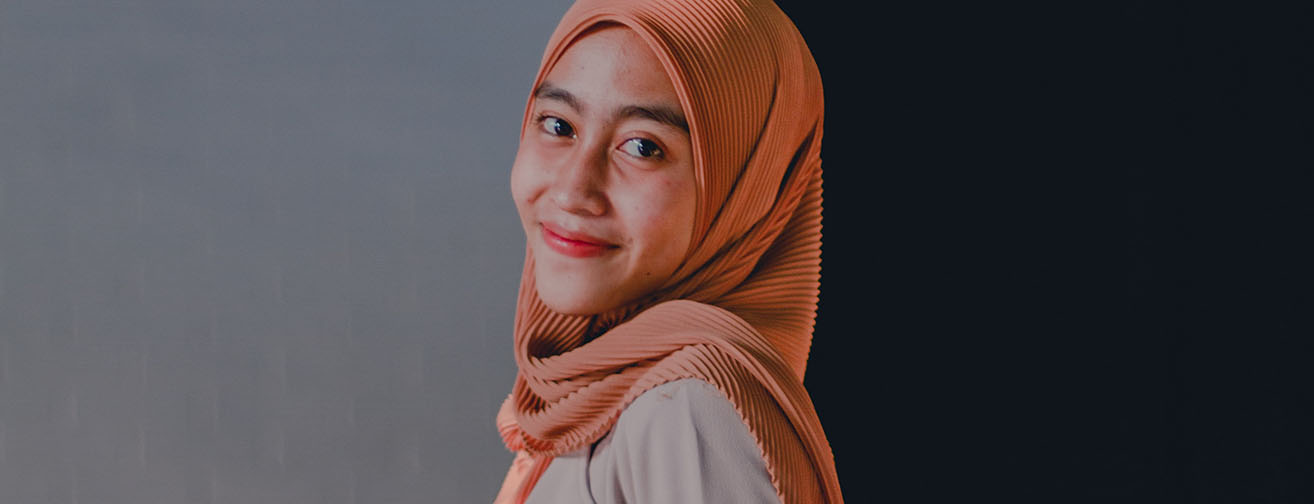It’s all too easy to feel down about yourself when you struggle. Looking at porn or giving into whatever temptation it is that you battle leaves you feeling broken, weak, and unworthy. Over time, it is all too easy to live in shame and guilt and allow your failures to drag you down into a cycle of self-disgust. It can feel as though God is disgusted with you and that you are a constant disappointment to Him—so naturally, you stay at a distance for a while. It feels way easier to approach God once you’ve felt bad about your sin and yourself for a while, and you put together a streak of a few good days where you feel you have your act together a bit more.
If the above process sounds familiar, it’s because it is. Perhaps one of the saddest things about sin is that is causes us to feel like we have to pull back from God and cover our shame. It’s been this way from the very beginning, and it is still playing out to this day.
In Genesis 3:7-10, after Adam and Eve ate from the tree of the knowledge of good and evil, we read:
“Then the eyes of both were opened, and they knew that they were naked. And they sewed fig leaves together and made themselves loincloths. And they heard the sound of the Lord God walking in the garden in the cool of the day, and the man and his wife hid themselves from the presence of the Lord God among the trees of the garden. But the Lord God called to the man and said to him, “Where are you?” And he said, “I heard the sound of you in the garden, and I was afraid, because I was naked, and I hid myself.” (ESV)
Perhaps one of the most tragic things that happened when Adam and Eve fell is that their sin caused them to pull back and hide from God when He drew near. Then, feeling exposed and unworthy, they tried to come up with their own solution for their sin and made coverings for themselves to hide their nakedness.
It all seems a bit odd—but are we all that different?
God longs to walk intimately with us, but in our sin and shame, we pull back in fear from the very one who loves us the most. His heart breaks over how our sin breaks us, and He longs to restore us to Himself. But sadly, so often, we feel we must clean ourselves up and cover ourselves before we allow ourselves to be seen by Him.
Though the idea of making coverings for ourselves out of fig leaves feels a bit dated, we still take part in the same ritual in our own ways. We pull back. We feel we can’t come to God because He is surely too grieved by our sin. We reason He is likely angry and frustrated with us that we cannot seem to get our act together. So rather than run to Him, we wallow in self-loathing and stay at what feels like a safe distance.
And all-the-while, when we pulled back in fear of a wrathful, angry God, His love would not settle with leaving us in our state of separation. Tearing through the fabric of space and time, He came after us. Like a good shepherd going after a wayward sheep, He left home and went into the far country, searching for us until He finds us in our wandering. Taking on skin and bones, joining us in our humanity, becoming acquainted with our brokenness, He would be known as a friend of sinners. And sinners, when they encountered and experienced His love, did not find Him to be full of wrath and anger toward them—but full of mercy, grace, and compassion.
On the cross, this love was all on full display. If the cross is anything, it is a representation of how far God is willing to go to reach us in our wandering. He bore the death that was ours so that He could give us His life. This is not a God who is waiting to destroy us when we mess up, but a God who is longing to restore us to Himself by whatever means necessary. This is a God who, at the height of his suffering, cries out, “Father, forgive them; for they know not what they do.” As John chapter 3 reminds us, Jesus did not come into the world to condemn the world but to save it!
Your invitation today is simple. Stop thinking that you can add anything to what Jesus did on the cross. The price He paid to free you from death, sin, and the grave was more than sufficient. God does not need your self-loathing or for you to remain at a distance in fear when you sin. In fact, when we do these things, it is actually pride masquerading as humility. It says to Jesus that what He did on the cross was not enough, and that you must add your own penance to it before you can come to Him. True humility is to see yourself as God does—as forgiven, accepted, and beloved. It is to receive with gratitude the work Jesus did to set you free, and to let your life be a response to that reality.
When we see God rightly, we do not draw back in fear when we stumble, as Adam and Eve did in their delusion. We run to Him in faith, trusting that He loves us and believing that what He did on the cross was more than enough to blot out every stain and to make us white as snow.
As John the apostle reminds us,
“There is no fear in love. But perfect love drives out fear, because fear has to do with punishment. The one who fears is not made perfect in love.” (1 John 4:18, NIV)
It’s time to allow perfect love to wash over your heart, and as you do, to draw near to your loving Father with confidence. Our enemy would have you believe that God is waiting to kick you while you are down, when all the while, our Father is waiting to pick you up into His loving arms.
Day 26 Freedom Work
Scripture Reading — Read Romans 5 and 1 John 4, taking notes of what the Holy Spirit highlights to you.
Journaling Exercises — Answer the following questions at length in your journal. Aim to spend at least 5–7 minutes per question.
- What has been your response to God when you fall into sin? Do you run to Him or do you feel the need to draw back and hide from Him? In what ways do you hide?
- Do you view God as longing to restore you and pour out his mercy and grace on you, or as waiting to kick you when you are down? How does this play out in your life?
- How would you respond differently to God when you sin if you knew that when you ran to Him, you would experience forgiveness, mercy, and compassion?
Prayer — Father, I want to fear you in a healthy way—to give you the reverence and awe that you deserve. But I do not want to be afraid of you and draw back. Help me to see you as a loving Father and not a cruel taskmaster. Reveal yourself to me as slow to anger and abounding in love. By your Spirit, expose any wrong beliefs I have held about you that have kept me from running to you in my time of need. I do not want to hide from you and distance myself as Adam and Eve did. I want to run into your loving arms. I choose to believe that the work Jesus accomplished on the cross was enough, and that there is nothing I can do to add to it. I receive your love, and ask that you help me to understand how wide, long, high, and deep it truly is! Let your perfect love wash over my heart, and may it lead me to run quickly to you if I fall. Amen.





